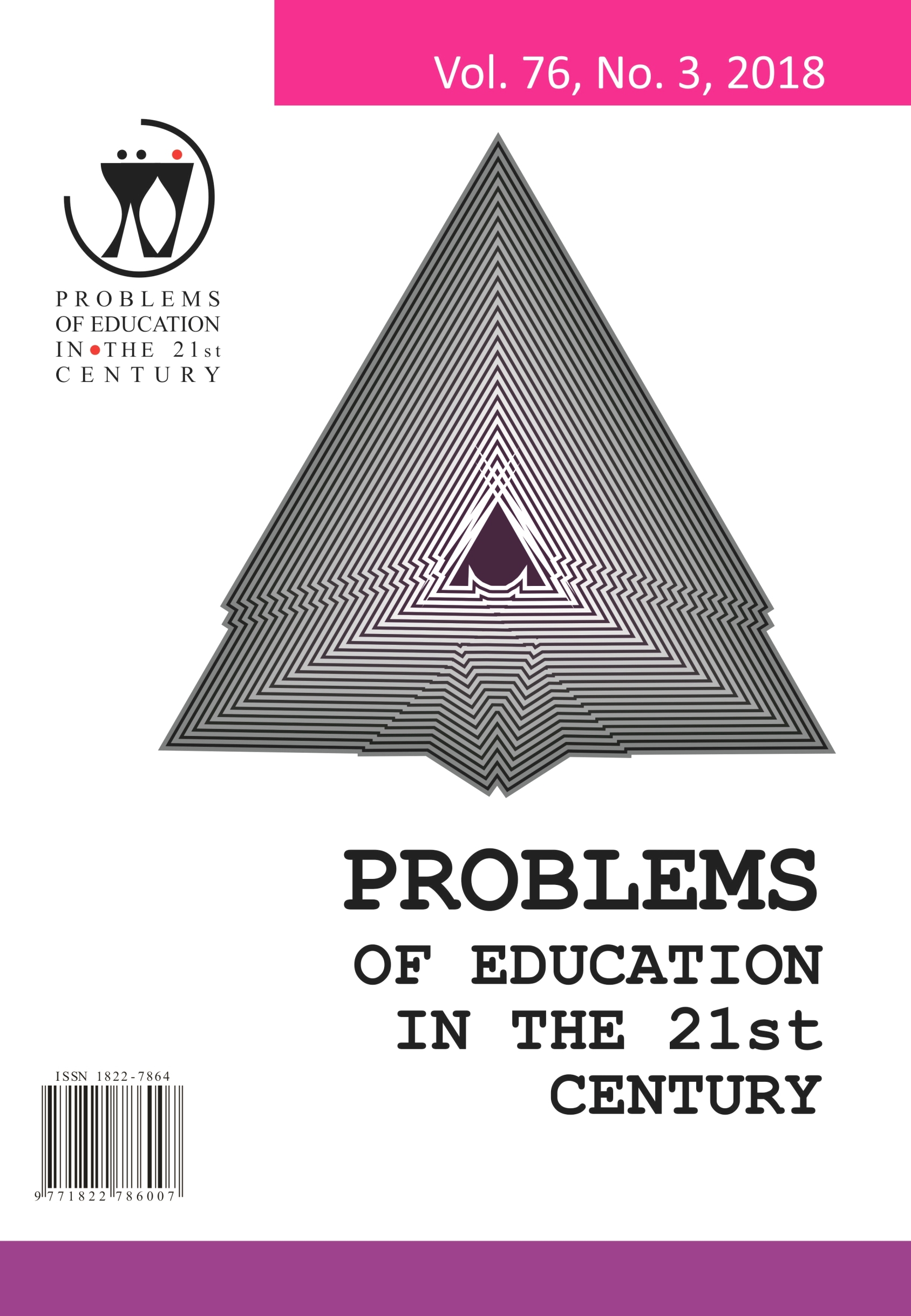YOUTH POLICY MONITORING AS A TOOL FOR DEVELOPING SOCIAL SUSTAINABILITY IN LOCAL MUNICIPALITY
YOUTH POLICY MONITORING AS A TOOL FOR DEVELOPING SOCIAL SUSTAINABILITY IN LOCAL MUNICIPALITY
Author(s): Mārīte Kravale-Pauliņa, Eridiana Olehnoviča, Inta Ostrovska, Alīna Ivanova, Viktorija ŠipilovaSubject(s): Social Sciences, Education, State/Government and Education
Published by: Scientia Socialis, UAB
Keywords: youth policy monitoring; “youth policy implementation index”; social sustainability; local municipality; education;
Summary/Abstract: The social capital of youth as a social segment is a major resource to contribute to any country’s social sustainability. Social sustainability requires active youth participation in solving the issues that are important for local communities and education as a main source for youth knowledge, skills and opinions. Youth policy is a tool, which enables the state and municipalities to work with youth and stimulate their interest to participate. Ongoing research activities concerning youth policy significance for developing social sustainability usually are prepared at a more global scale, although, there is also a need at local municipality level. Scientific experience indicates that youth policy monitoring contributes to wider understanding of youth needs, as well as possible participation forms in solving the topical issues for local society. Additionally, youth policy monitoring that is based on youth knowledge and opinions brightly demonstrates the results of the previous and areas for the future educational work with youth. In Latvia, to date, youth research has been fragmentary and still has not gained the position of an independent discipline. Additionally, there is no sufficient experience in youth policy monitoring at municipal level. The aim of the article is to analyse youth policy at municipal level and provide feedback for municipality and non-formal education that is more flexible and allows to realize youth policy and may support needs of each municipality. A case study in one Latvian municipality is presented as an example, which includes a youth policy monitoring, a survey conducted among 401 respondents using eight major youth policy fields as stipulated in the European Union’s Strategy for Youth. Results from the obtained data, recommendations are proposed for a more effective implementation of youth policy, understanding fields for more active educational work for promoting social sustainability in a local community. The results and discussed approach for youth policy monitoring can be applied practically at the level of local municipality for planning educational work with youth.
Journal: Problems of Education in the 21st Century
- Issue Year: 76/2018
- Issue No: 3
- Page Range: 350-363
- Page Count: 14
- Language: English

